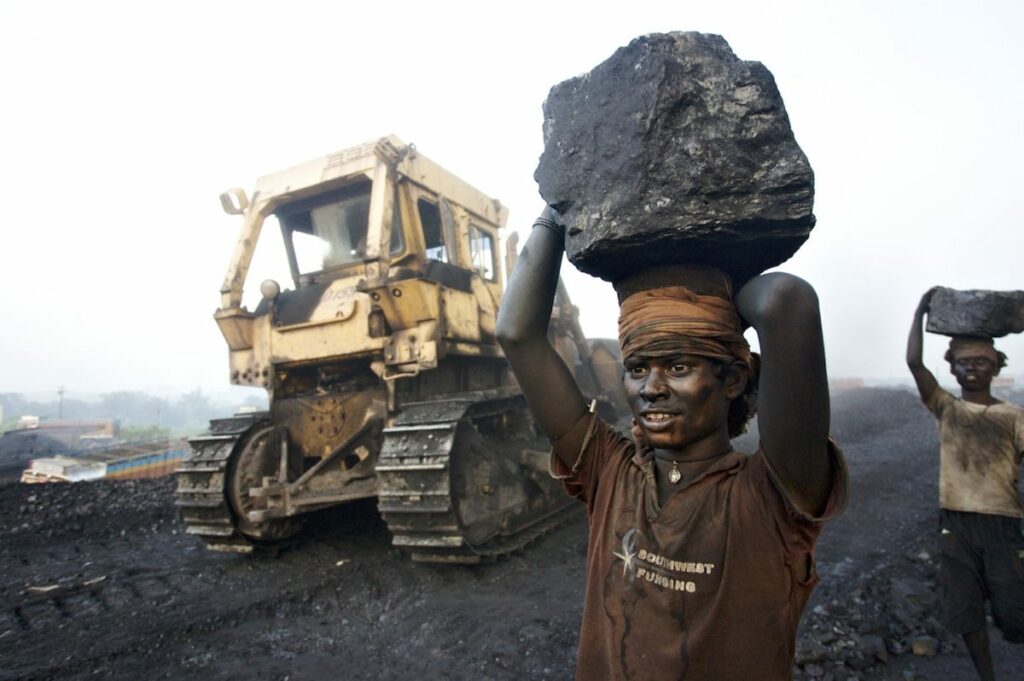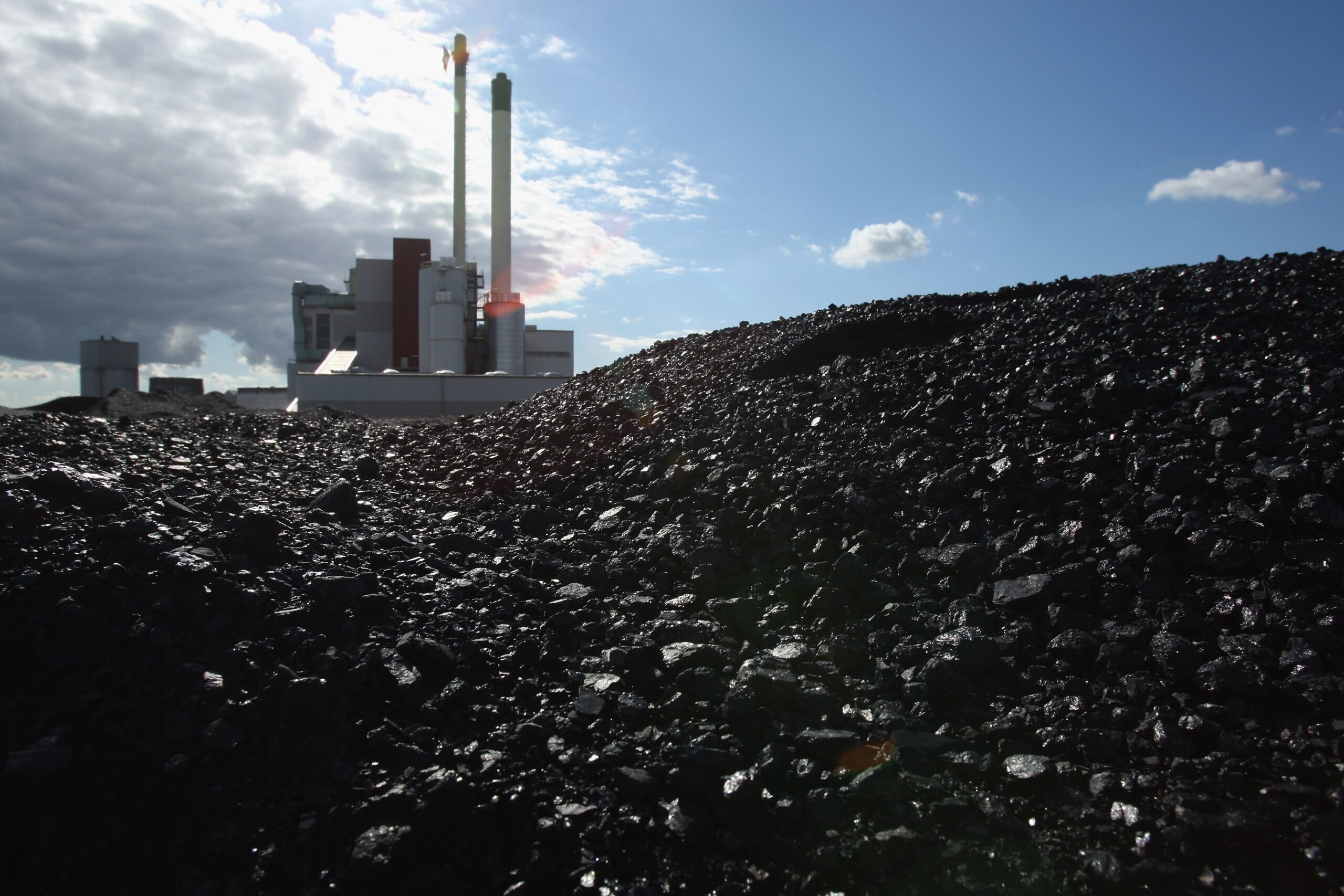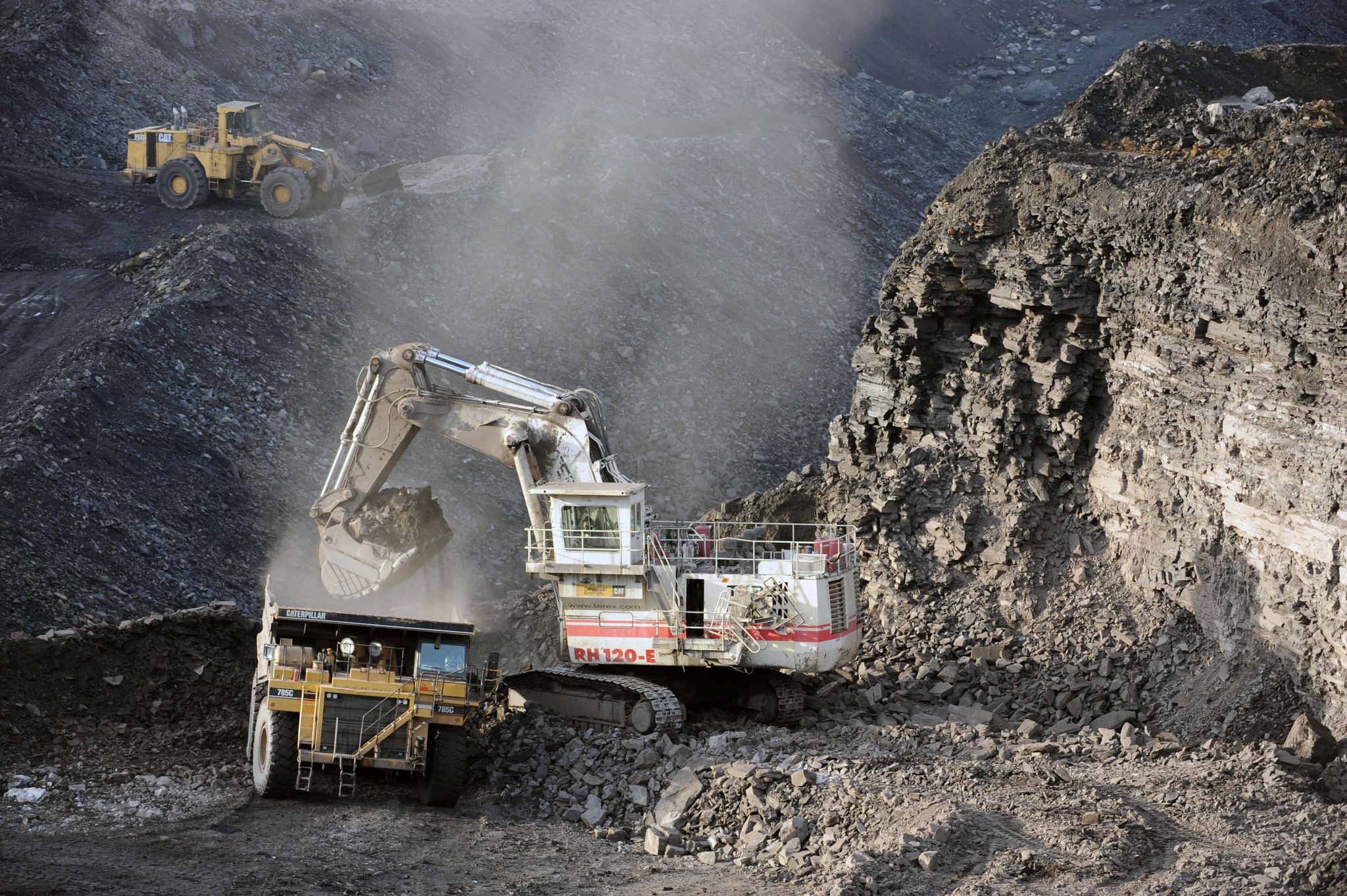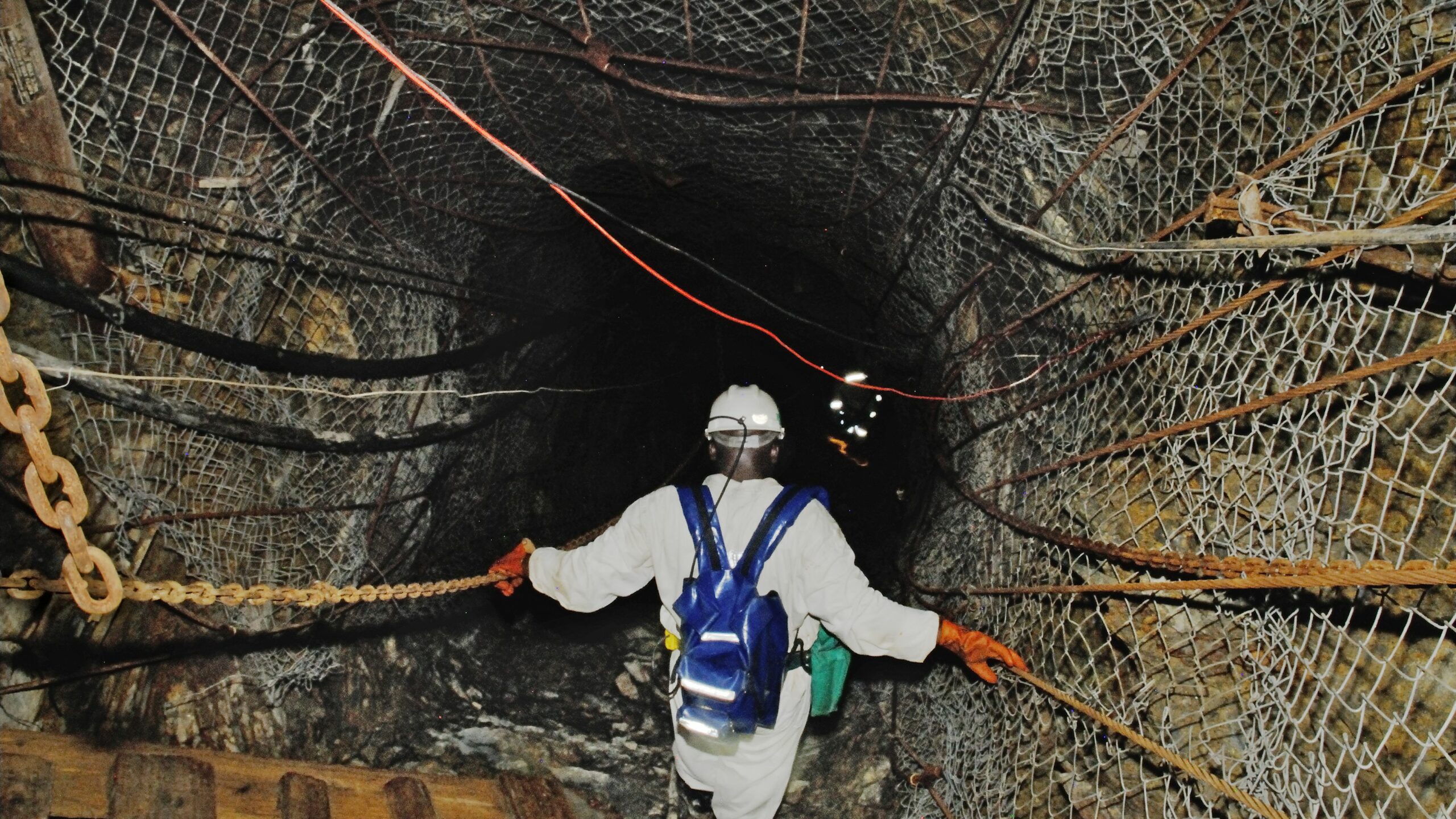Coal is one of the most plentiful and least expensive fossil fuels in the world. Coal is readily available in most of the developing and developed world, and it has been used as a major source of fuel even in ancient human civilizations. It also found its use in historic steam engines at the dawn of the industrial revolution. The availability and affordability of this fuel source, however, come with trade-offs regarding its effects on the environment, particularly the atmosphere. In this article, we overview the coal energy pros and cons to think about. Read this new blog in Linquip to find out more about them.
The Pros of Coal Energy
- Coal is plentiful in many places and it is easy to access through mining, so people rely on it to produce energy. It is an abundant supply concentrated in industrialized countries (US, Russia, China, India).
- It is relatively easy and inexpensive to convert coal into energy. The energy produced by coal-fired plants is cheaper and more affordable than other energy sources.
- Coal is easy to store. Once it is mined, it can be safely stored with no hazard of fire or explosion like there is with gas or oil.
- Methane released during coal mining can be collected and used as a substitute for natural gas, making it easier for areas without access to natural gas or other types of renewable resources to meet their energy needs.
- Continuous power. Good utilization. High load factor.
- The production and use of coal as a fuel are well understood, and the technology required in producing it is constantly advancing.
- Generally, coal energy is considered safer than nuclear power plants.
- Substantial existing infrastructure. Mature industry.
- It can be made low carbon and clean with CCS and various scrubbers.
- It can be converted to a liquid or a gas, which burns cleaner.
- It has got a relatively low capital investment compared to gas or nuclear.
- Clean coal technologies help to limit the emissions that are released and it is currently being used in China.
- It can be converted into different forms of fuel.
The Cons of Coal Energy
- Coal is plentiful and easy to access. The process of mining it and converting it to energy has been perfected over many years. However, there are cons to using coal as a source of energy.
- Coal is a non-renewable resource. We will eventually use it all, so we cannot rely on it for a long-term energy source, especially at the rate we are currently consuming it.
- Coal contains the most CO2 per BTU, the largest contributor to global warming.
- Severe environmental, social, health, and safety impacts of coal mining.
- The devastation of the environment around coal mines.
- The mining of coal not only destroys habitat and scenery but also displaces humans as well.
- The high cost of transporting coal to centralized power plants.
- Coal ash is a hazard and a disposal problem.
- When coal is burned it pollutes the air. Greenhouse gases produced cause global warming and toxins released by burning coal can harm people and the environment.
- Mining itself disrupts the environment. Strip mining or surface mining can change the entire landscape and affect water supplies, people animals, and plants living in the area.
- Coal mining is the second-highest emitter of methane, a potent greenhouse gas.
- High levels of radiation. Coal plants release more radiation than nuclear plants.
- Coal burning releases sulfur dioxide (SOx) and nitrous oxide (NOx) which cause acid rain, if not captured.
- Coal burning emits heavy metals such as mercury, arsenic, and chromium into the atmosphere that pose major health risks, if not captured.
- The solid byproduct of burning coal, ash, can be disposed of and can pose an environmental hazard.
- Millions of tons of waste products that can no longer be reused are generated from coal-fired plants.
- Mining is dangerous. Many miners are killed every year in accidents due to unsafe conditions. Coal emissions are linked to increased rates of asthma and lung cancer.
- Sequestration is new and expensive and its ability to hold CO2 for long periods is unproven.
- Risk of accidental releases of large quantities of CO2.
- Clean coal is not carbon-free.
- Significant energy penalties are incurred for sequestration.
- CO2 is toxic at concentrations above 5 percent. The condition is called hypercapnia.
The coal energy pros and cons show us that this technology has had a positive impact on society in the past, but our future may lie elsewhere. Although it is an affordable resource and provides reliable power, the potential damage to the planet may outweigh many of the benefits that can be obtained, and these factors must be considered in light of the negative impact on the environment resulting from its use.
The future of coal will depend upon the use of low-sulfur varieties, advances in clean coal technologies, and the sourcing of lower-cost alternatives. While the negatives of coal energy will lower the demand for coal energy over time, the lack of a cost-effective alternative should keep this fossil fuel in demand for many years to come.
So, there you have every single fact about the benefits and drawbacks of using coal. If you enjoyed this article in Linquip, let us know by leaving a reply in the comment section. Is there any question we can help you with? Feel free to sign up on our website to get the most professional advice from our experts.
Buy Equipment or Ask for a Service
By using Linquip RFQ Service, you can expect to receive quotations from various suppliers across multiple industries and regions.
Click Here to Request a Quotation From Suppliers and Service Providers
Read More On Linquip







